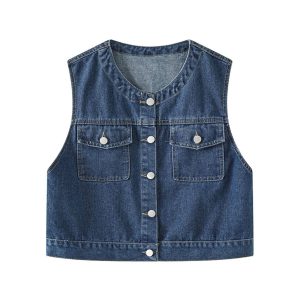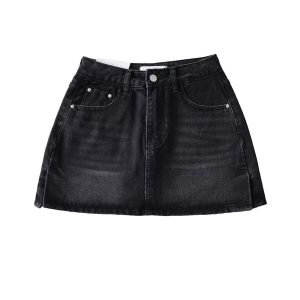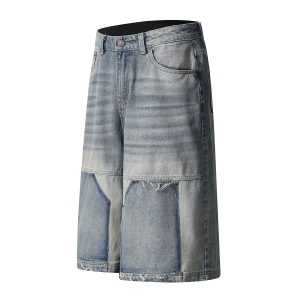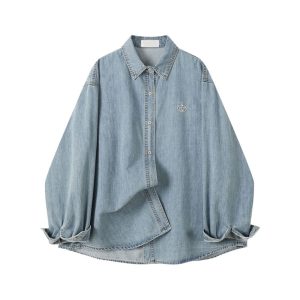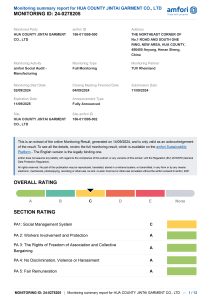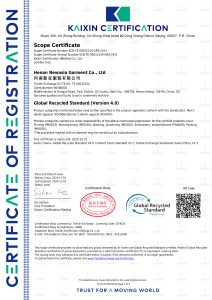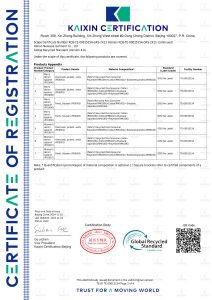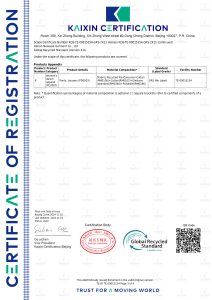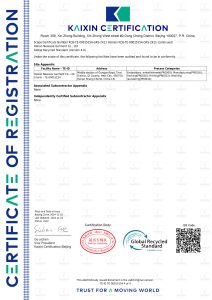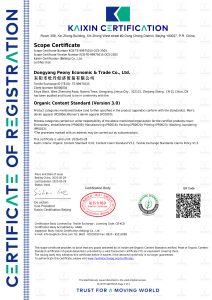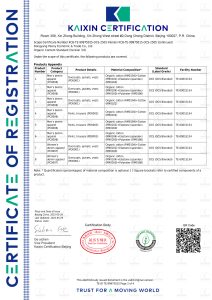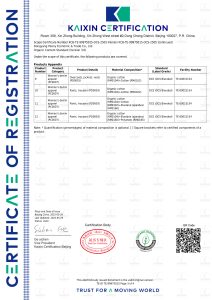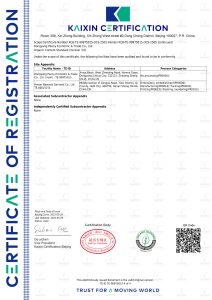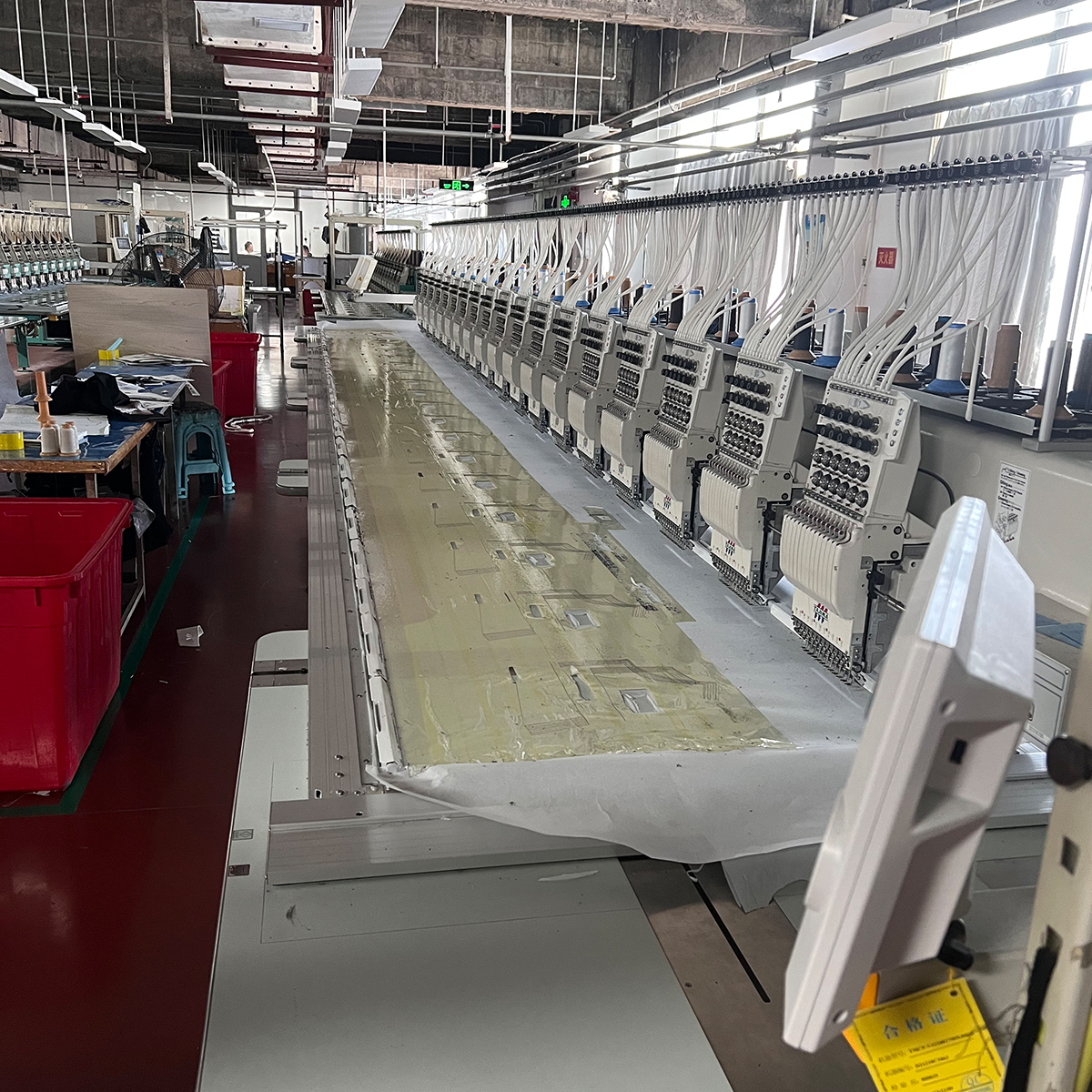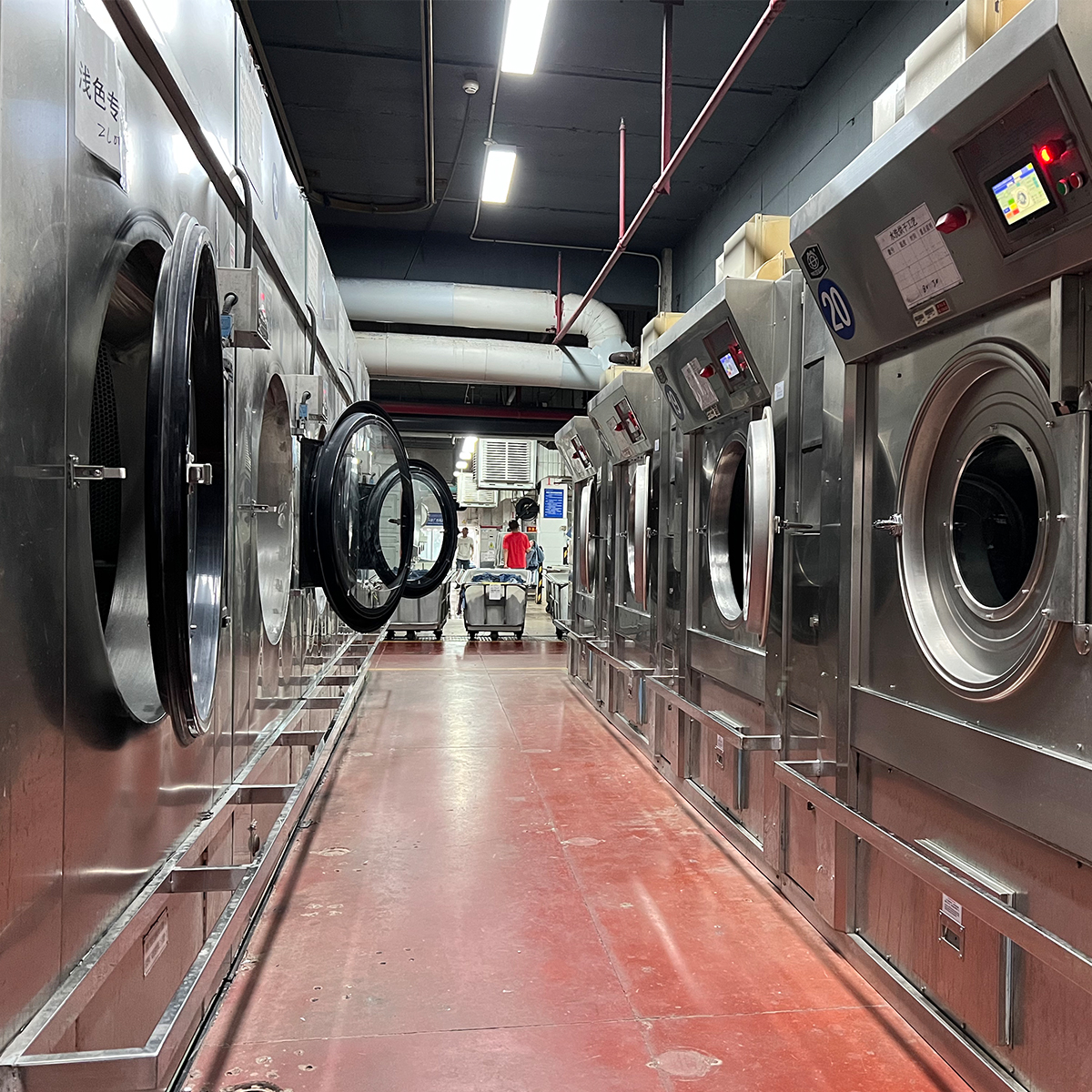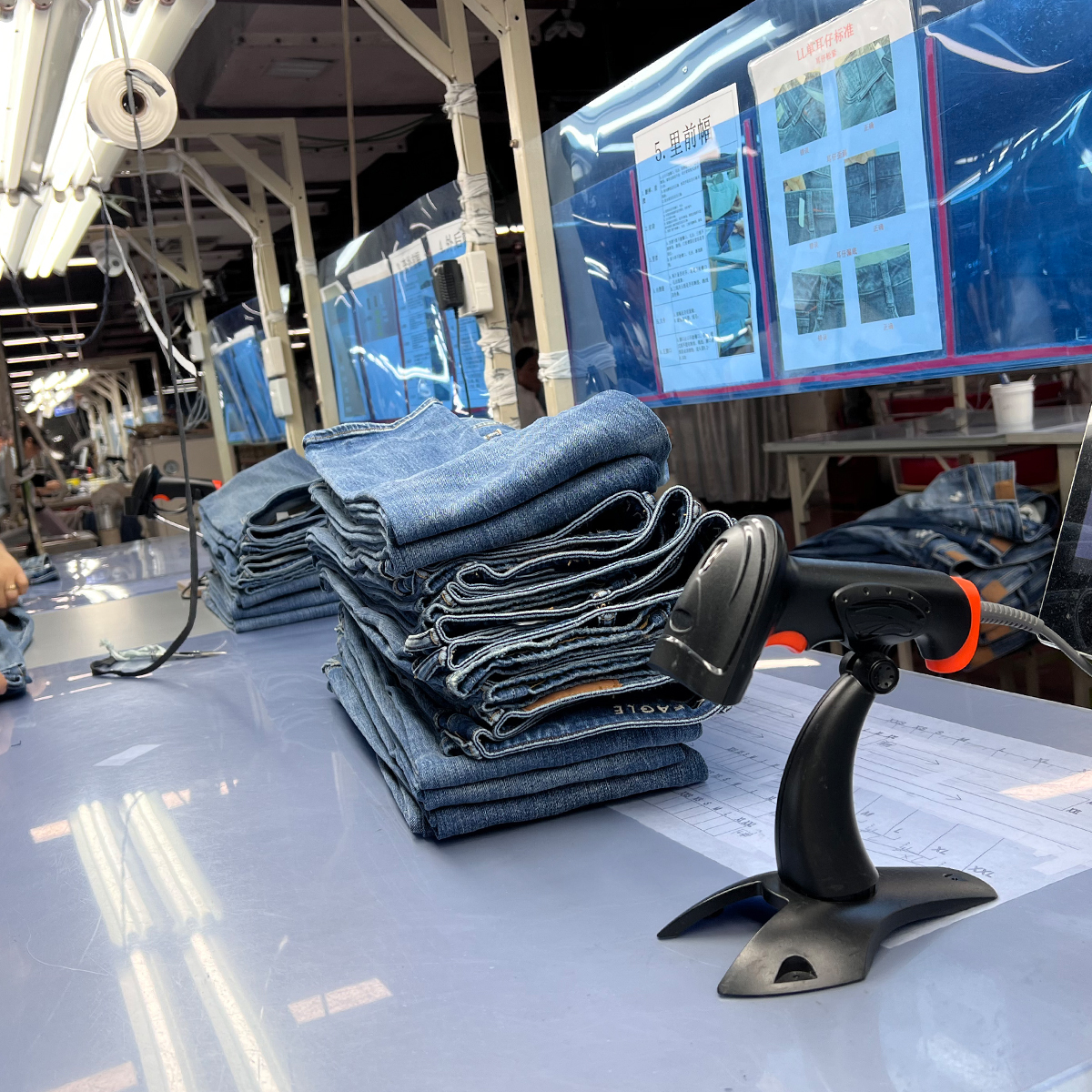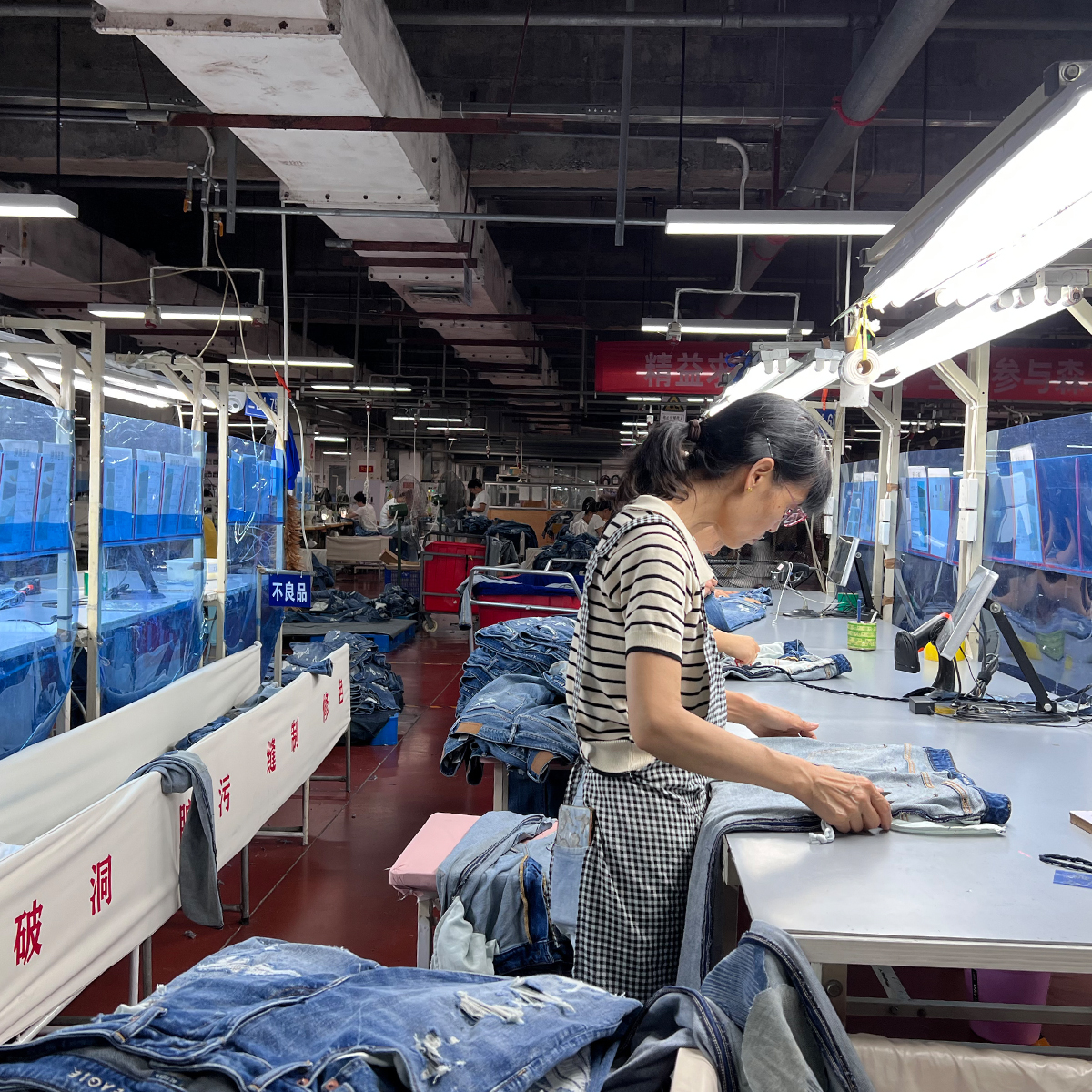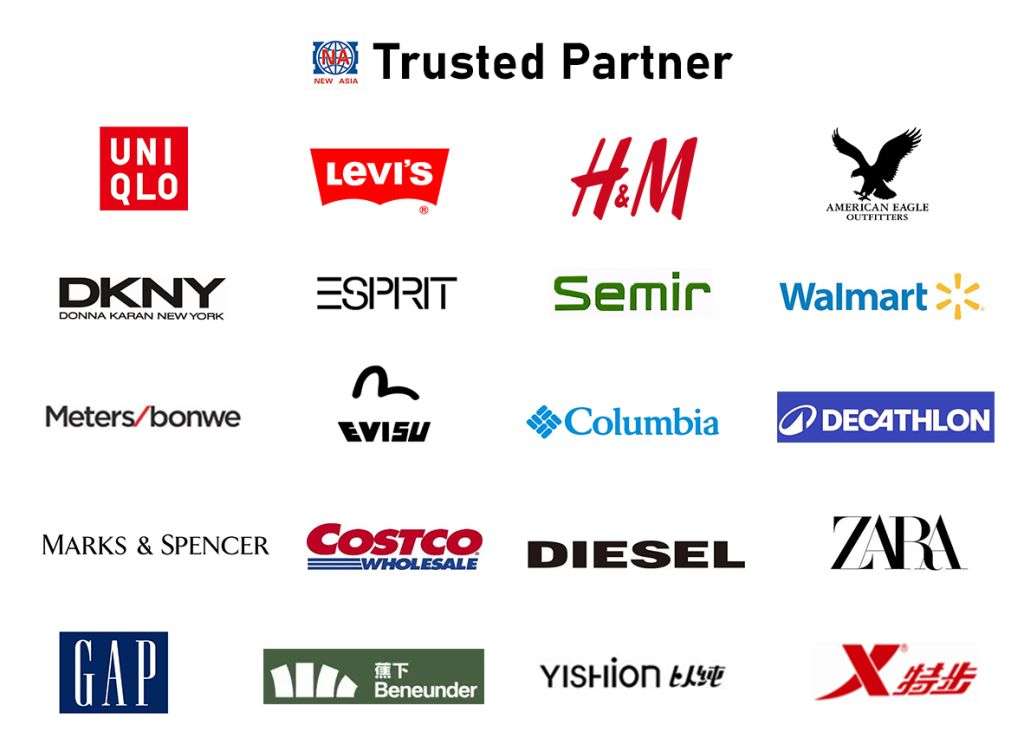In the world of fashion, finding a reliable supplier for jegging jeans can be a game-changer for retailers and brands alike. Jeggings, which blend the comfort of leggings with the fashionable appeal of jeans, have carved a niche in the market due to their versatility and style. This guide aims to equip you with the necessary tools and insights to select the best jegging jeans supplier for your business.
Understanding the Jegging Jeans Market
The jegging jeans market has seen significant growth over the years, driven by a growing consumer preference for comfort without compromising style. As an aspiring retailer or brand owner, it’s crucial to understand the dynamics of this market. According to recent trends, buyers are increasingly looking for quality materials, innovative designs, and sustainable practices in denim production.
Market research indicates that the demand for jegging jeans is particularly high among young adults and teenagers, making it essential for businesses to identify suppliers who can consistently provide trendy, high-quality options. When evaluating potential jegging jeans suppliers, consider their product range, the materials used, and adherence to ethical manufacturing processes.
Key Considerations When Choosing a Supplier
1. **Quality of Materials**: A reputable jegging supplier should use high-quality fabrics that ensure durability and comfort. Look for suppliers who source materials with stretch, breathability, and soft finishes, which enhance the wearing experience.
2. **Design Variety**: Trendy designs are pivotal in attracting customers. Suppliers should offer a variety of styles, colors, and washes. This includes classic colors like black and blue, as well as seasonal and fashion-forward options.
3. **Sizing Options**: A diverse range in sizing can significantly broaden your customer base. Ensure your supplier offers inclusive sizing—from petite to plus sizes—to cater to all body types.
4. **Minimum Order Requirements**: Evaluate the supplier’s minimum order quantities (MOQs). Some suppliers require large minimum orders, which might not be feasible for small businesses or startups. Look for flexibility in order sizes to start with manageable inventory.
5. **Lead Times and Shipping**: Efficient lead times and shipping processes are essential for maintaining customer satisfaction. Assess the supplier’s shipping capabilities and timelines, especially if you rely on timely replenishments to meet market demand.
Building Relationships with Suppliers
Establishing strong relationships with your jegging jeans supplier is crucial for long-term success. This involves clear communication, prompt payments, and mutual respect. Consider these strategies to build your supplier relationships:
1. **Regular Communication**: Keep in touch with your suppliers regularly to discuss your needs, concerns, and any market trends you’re observing. This fosters transparency and builds trust.
2. **Feedback Loop**: Creating a feedback loop can benefit both parties. Providing constructive feedback on product styles, quality, and delivery can help suppliers improve their offerings.
3. **Long-Term Partnerships**: Investing in long-term partnerships can lead to better pricing, exclusive lines, or priority during peak seasons. Build rapport with your suppliers through loyalty and trust.
Digital Tools for Supplier Management
In today’s digital age, various tools can help streamline your supplier management processes. Consider these software solutions:
1. **Inventory Management Systems**: These systems help track stock levels, orders, and sales, allowing you to make informed decisions about your inventory and supplier needs.
2. **Supplier Relationship Management Software**: These tools can facilitate communication, performance tracking, and compliance management, enabling a smoother supplier relationship.
3. **E-commerce Platforms**: If you run an online store, integrating your e-commerce platform with your inventory management and supplier systems can keep your business organized and efficient.
Emphasizing Ethical Sourcing
Nowadays, consumers are more conscious of sustainable and ethical practices in fashion. It’s imperative to find suppliers that prioritize ethical sourcing. Consider these aspects:
1. **Sustainable Materials**: Seek suppliers that use eco-friendly materials, such as organic cotton or recycled fabrics, to cater to the environmentally conscious consumer.
2. **Fair Labor Practices**: Verify that suppliers adhere to fair labor practices by examining their supply chain, ensuring workers are treated ethically and compensated fairly.
3. **Transparency**: Suppliers should be transparent regarding their sourcing and production processes. Engage in conversations about their practices and policies, which can help build trust with your brand’s audience.
Case Study: Successful Brand-Supplier Partnerships
To illustrate the importance of finding the right supplier, let’s look at a successful brand that leveraged its relationship with a jegging jeans supplier.
**Brand Name: FlexiWear**—FlexiWear is known for its customer-centric approach and stylish jeggings. By partnering with a supplier that shares their values of quality and sustainability, they were able to maintain a consistent product line that appealed to their target market. Their supplier provided them with exclusive access to new designs and special fabric treatments, which kept their offerings fresh and appealing.
This partnership led to increased sales and customer loyalty, proving that the right supplier can make a significant impact on a brand’s success.
Final Thoughts
Choosing the right jegging jeans supplier is a multifaceted process that requires careful consideration of quality, ethics, communication, and market trends. By understanding your needs and leveraging the right tools and relationships, you can position your brand for success in this competitive market. Whether you’re a new brand or an established retailer, dedicating time to find the right partner can provide enormous benefits in terms of product quality, inventory management, and customer satisfaction.



